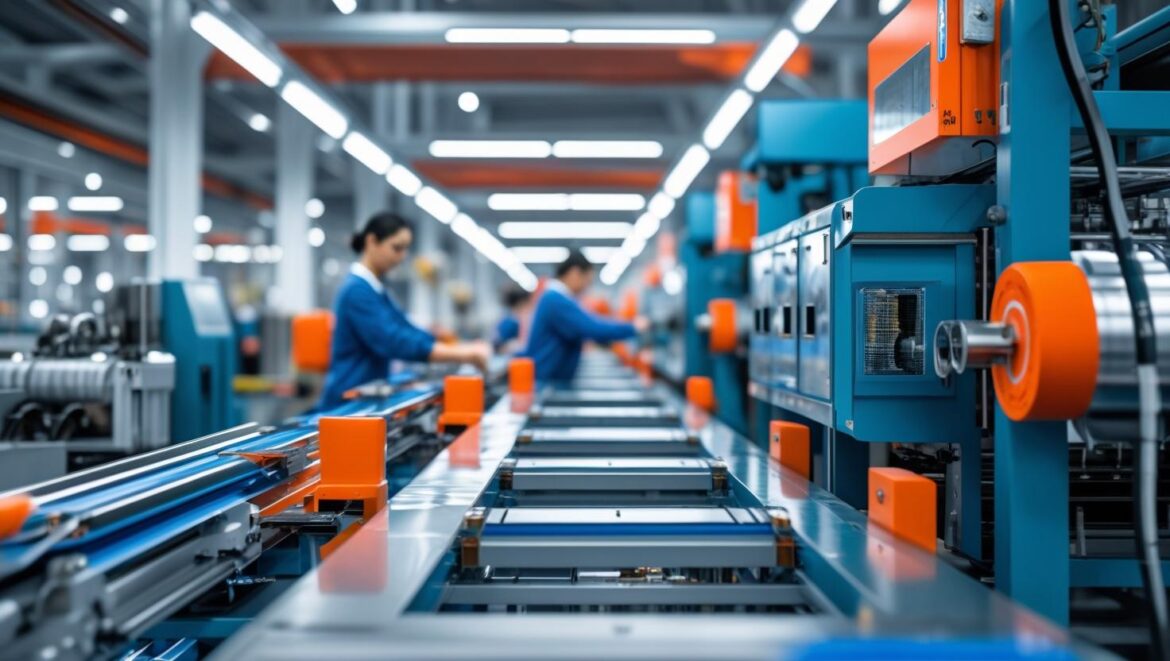Data has become the backbone of modern manufacturing. As production environments grow increasingly complex, the ability to collect, process, and act on data in real time has shifted from being a competitive advantage to an operational necessity. From machine sensors to enterprise-level dashboards, data is enabling manufacturers to detect inefficiencies, reduce downtime, and boost quality at unprecedented levels.
With the rise of industrial IoT, machines now generate continuous streams of information. Smart factories leverage this data for everything from predictive maintenance to process optimization. Rather than relying on reactive fixes, data analytics helps predict component failures before they occur, allowing preemptive interventions that save time and resources.
Another powerful application lies in real-time production analytics. By integrating sensors, ERP systems, and AI-powered monitoring tools, manufacturers can track output, quality, energy use, and inventory in sync. These insights inform smarter decisions — whether adjusting workflows, rescheduling maintenance, or managing supply chains more efficiently.
Furthermore, data supports regulatory compliance and traceability. Manufacturers in sectors like aerospace, automotive, and pharmaceuticals use detailed data logs to meet safety standards, manage recalls, and prove quality assurance across every batch or part produced.
However, the true value of data is unlocked only when it’s turned into actionable insight. That requires not just collection, but intelligent analysis, visualization, and integration into decision-making processes. Many organizations now invest in data scientists, cloud platforms, and AI algorithms to extract meaning from their operational data and continuously improve their output.
In essence, data is no longer a byproduct of manufacturing — it is the engine driving productivity, agility, and innovation. As digital transformation accelerates, those who invest in data capabilities today are shaping the factories of tomorrow.

